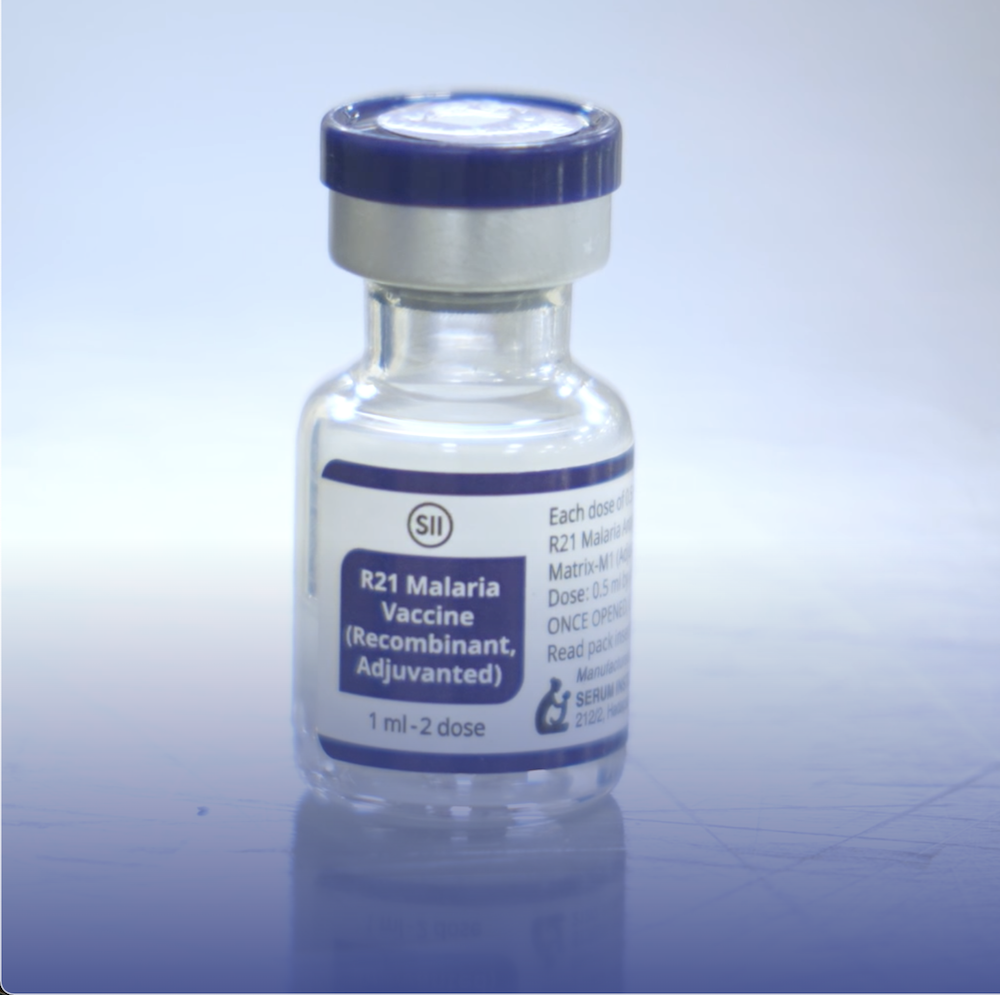Sicker or Smarter?

In today’s world, it feels as if everyone is living with one illness or the other. On social media, words like “OCD”, “ADHD”, “depression”, and “anxiety” are casually used to describe ordinary behaviour or temporary emotions. Meanwhile, in hospitals, more people seek help for conditions that might once have gone unnoticed. This raises a crucial question: are we truly getting sicker, or are we simply more aware of what sickness looks like?
On one hand, awareness has never been higher. Conversations about mental health, advances in medicine, and the ease of accessing information have made it possible to recognise conditions that might have once been brushed aside. Social media, once seen as purely entertainment, now doubles as a tool for health education. A short video, a post, or a hashtag can deliver medical knowledge to people who may never open a textbook or attend a health seminar.
Beyond the digital space, modern diagnostic tools have transformed healthcare. In the past, people lived with illnesses for years without knowing the cause. Today, advanced tests and machines can detect conditions earlier and more accurately, giving doctors a better chance to treat and patients a clearer understanding of their health. Public health organisations also work to deliver information to people in rural communities, ensuring that awareness does not remain an online privilege. Together, these shifts make illness more visible than ever.
But there’s a troubling flip side. The casual misuse of medical terms without proper diagnosis is now widespread. Self-diagnosis from unfiltered social media information has become a disturbing norm. Someone who struggles to sit still claims ADHD, or someone buys glasses for fashion and pretends they have an eye defect. Curiosity and awareness are good, but not at the cost of trivialising real health issues.
The misuse of the opportunity of increased awareness has its consequences. Mistrust in medical professionals grows when their diagnoses don’t match people’s self-applied labels. Self-medication becomes common, with individuals treating themselves based on online advice, often worsening conditions that could have been easily managed with professional care. Worse still, misinformation spreads panic: some convince themselves they are gravely ill when, in truth, they only need rest or routine treatment.
So, are we sicker? Not necessarily. What has changed is visibility powered by technology, information, and the freedom to speak openly. Stigma has lessened, voices have grown louder, and illness is recognised more readily. But awareness without responsibility is dangerous. Without accuracy, truth, and respect for those truly affected, the same awareness can do harm. The real work, then, lies not only in encouraging people to speak up but in teaching them to do so with accuracy, truth, and respect for the people truly living with these conditions.
James Ayodeji




